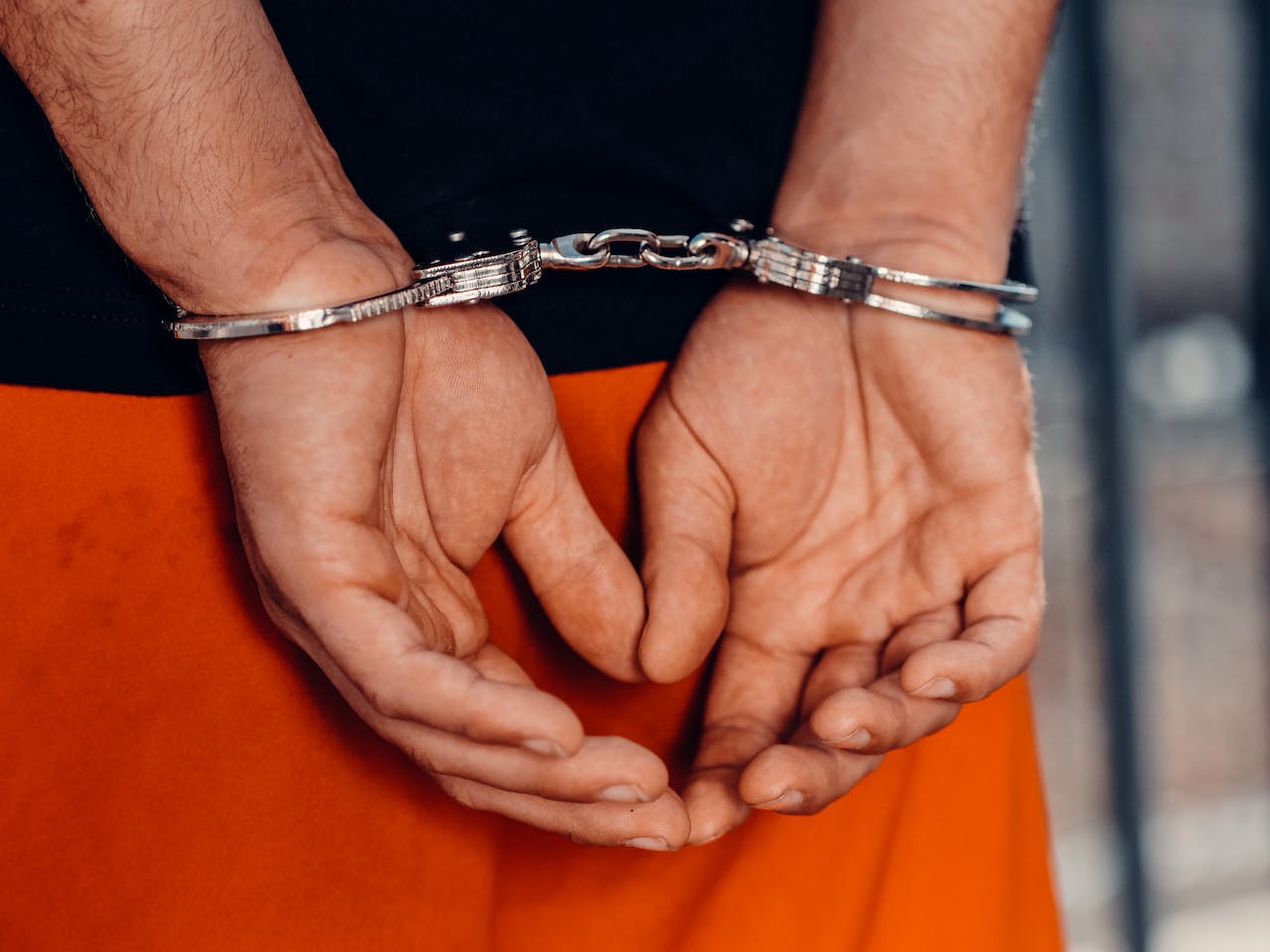There is an insidious threat which often goes unnoticed in the hospitality industry: sex trafficking. This global issue silently weaves its way into the very fabric of our hotels and Airbnb properties, turning places of rest into potential hubs for exploitation.
Understanding Sex Trafficking in the Hospitality Industry
Sex trafficking, a form of modern slavery, involves the use of force, fraud, or coercion to exploit individuals for commercial sex. The hospitality industry, due to its transient nature and privacy, can inadvertently become a venue for such activities. Traffickers often exploit hotels and short-term rental properties like Airbnb to conduct their operations, largely due to the ease of booking and perceived anonymity these accommodations offer. Recognizing the signs and understanding the scope of this issue is the first step towards combating it. Hotels and Airbnb hosts must be vigilant, as their properties can be misused for such heinous activities, often without their knowledge.
The impact of sex trafficking on the hospitality industry is not just a moral concern but also a legal and reputational one. Hotels and rental properties that inadvertently host such activities risk legal repercussions and severe damage to their reputation.
Another critical addition is an article from the Global Policy Journal, which reveals alarming instances of hotel employees facilitating sex trafficking.
Autohost.ai is committed to aiding the industry in identifying and addressing these risks proactively. Our approach includes comprehensive guest screening and awareness training, ensuring that every booking is scrutinized for potential risks, thus safeguarding our clients and their guests.
The Role of Hotels in Preventing Sex Trafficking
Hotels serve as the first line of defense against sex trafficking. Staff members, from the front desk to housekeeping, can be trained to spot potential signs of trafficking. These include guests who avoid interaction with staff, multiple men entering and exiting a room, do-not-disturb signs used excessively, and young individuals who appear disoriented or under control. Awareness and proper training are key elements in empowering hotel staff to take action.
One key resource is a systematic review of sex trafficking-related literature, focusing on the diverse practices of sex tourism. This study not only challenges the stereotype of ‘foreign man pays local woman for sex’ but also investigates the lesser-known aspect of sex workers who travel to countries with visa-free policies to provide services to tourists or locals.
Airbnb’s Challenge with Sex Trafficking
Airbnb’s platform, offering a diverse array of properties, faces unique challenges in combating sex trafficking. The decentralized nature of Airbnb rentals, with individual hosts often managing their properties, makes it difficult to maintain consistent surveillance and enforcement of safety measures. Traffickers often take advantage of this by seeking properties with less oversight, using fake profiles or stolen identities to book rooms.
A disturbing instance illustrating this challenge occurred when a trafficker used Airbnb to host victims, exploiting the platform’s privacy and ease of booking. This incident, among others, highlights the urgent need for enhanced vigilance and preventive measures on platforms like Airbnb. It’s not just about technology; it’s about creating a culture of safety and responsibility among hosts.
Developing and implementing robust anti-trafficking policies is essential for hotels and Airbnb hosts. These policies should include clear guidelines on identifying and reporting suspected trafficking, collaboration with law enforcement, and regular training sessions for staff and hosts.
Technology’s Role in Combating Sex Trafficking
Harnessing technology is a pivotal strategy in the fight against sex trafficking within the hospitality industry. Sophisticated software and algorithms can play a crucial role in identifying potential trafficking situations before they occur. Guest screening technology, for example, analyzes data points from reservations to flag high-risk bookings. This includes monitoring for patterns such as multiple bookings under the same name in a short period, frequent last-minute reservations, or bookings for large groups with a single guest’s name.
Additionally, surveillance and security systems in hotels and Airbnb properties can be effective tools. However, it’s crucial to balance security measures with privacy concerns. Video surveillance in public areas and keycard access to rooms and elevators can deter traffickers, who often rely on anonymity and ease of movement. Moreover, integrating AI-driven analytics with these systems can provide real-time alerts on unusual activities, allowing for swift intervention.
Training and Awareness Programs
The importance of training and awareness programs in combating sex trafficking cannot be overstated. Staff training equips hotel and Airbnb personnel with the knowledge and skills to recognize and appropriately respond to potential trafficking situations. This training should cover the identification of red flags, understanding the psychology of victims and traffickers, and the correct protocol for reporting suspicions to authorities.
Awareness campaigns are equally important. These should target not only staff but also guests, as public awareness can lead to increased reporting and prevention. Informational materials in rooms, lobbies, and on booking websites can inform guests about the signs of trafficking and encourage them to report any suspicious activity. These campaigns can also extend to online platforms, where short, impactful messages can be shared to raise awareness among a broader audience.
Legal and Ethical Considerations
The battle against sex trafficking in the hospitality sector is not just a matter of compliance, but also of moral and ethical responsibility. Legal frameworks around the world increasingly require hotels and Airbnb hosts to take active steps in preventing and reporting suspected trafficking. Failure to comply can lead to significant legal consequences, including fines and reputational damage. Ethically, there’s an imperative to protect vulnerable individuals and ensure that hospitality spaces do not become safe havens for traffickers.
Understanding local and international laws related to trafficking is crucial. This knowledge enables hoteliers and Airbnb hosts to align their operations with legal requirements while upholding human rights. Ethical practices, such as employee training, guest screening, and collaboration with law enforcement, demonstrate a commitment to social responsibility and the safety of guests and the community.
EHL Insights outlines steps taken by hospitality organizations like Marriott International and Wyndham Hotel Group to combat human trafficking.
Call to Action for Industry-wide Collaboration

The fight against sex trafficking requires a united front. Collaboration across the hospitality industry—between hotels, Airbnb hosts, law enforcement, and non-governmental organizations—is paramount. This collective effort enables the sharing of best practices, resources, and intelligence, making the industry more resilient against trafficking activities.
Hotels and Airbnb hosts can benefit from shared data on trafficking trends and tactics, enhancing their ability to identify and prevent potential incidents. Joint training initiatives can standardize the response to trafficking, ensuring consistency across different properties and platforms. Regular communication and coordination with law enforcement and NGOs can also strengthen the overall response to trafficking incidents.
This industry-wide collaboration also needs to include a commitment to continuous improvement and adaptation. As traffickers evolve their tactics, so too must the strategies to combat them. Regular reviews of policies, practices, and technologies are necessary to ensure they remain effective in the ever-changing landscape of the hospitality industry.
Conclusion
Sex trafficking remains a hidden crisis within the hospitality industry, but by harnessing technology, fostering awareness, adhering to legal and ethical standards, and collaborating across the sector, we can make significant strides in combating this issue. Every hotel and Airbnb host has a role to play in this fight. It’s time to take action, to be vigilant, and to work together to ensure the safety and dignity of all guests.





